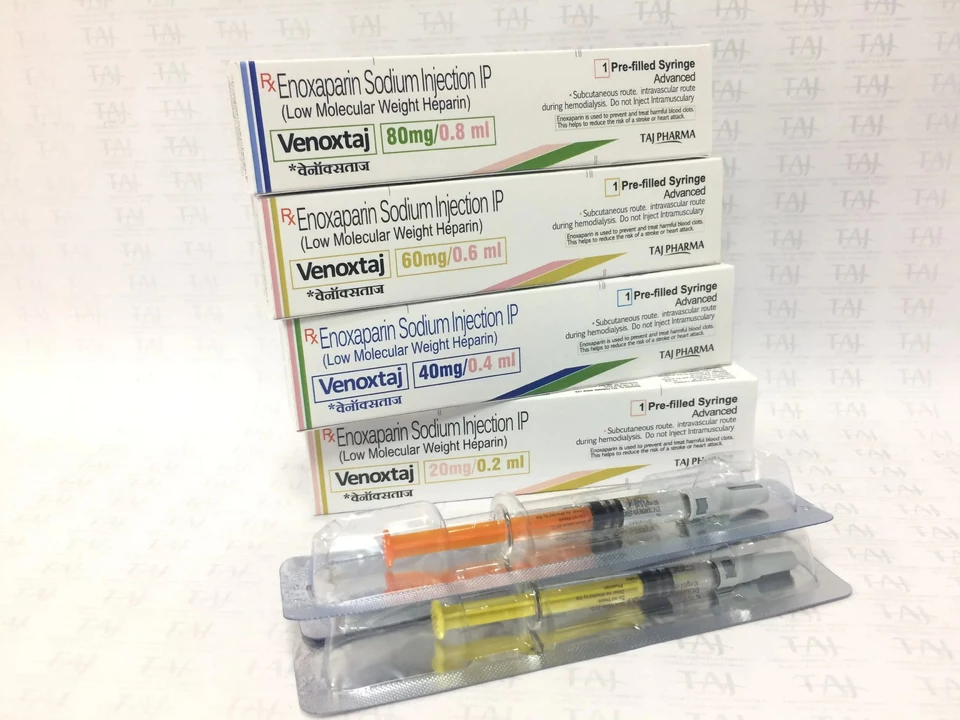Handling Medications: Safe Tips for Ordering, Storing & Using
Ever wondered what really matters when you handle meds at home? A few simple habits—checking where you buy, how you store, and how you throw stuff away—cut risks and keep treatments working. This guide gives plain, useful steps you can use right away.
Ordering and Receiving: what to watch for
When you buy meds online, pick a pharmacy that clearly shows a license, real contact info, and a pharmacist you can reach. If a site sells prescription-only drugs without asking for a prescription, skip it. Before you click “buy,” read the product page and look for batch numbers, expiry dates, and manufacturer details.
On delivery, inspect the package immediately. Is the seal intact? Any damaged boxes, crushed pills, or pills loose in the package? For temperature-sensitive drugs (like some inhalers or biologics), check if the package had cold packs or temperature labels. If anything looks off, take photos and contact the pharmacy right away.
Keep shipping times in mind. If a package is delayed, consider calling the pharmacy to confirm the medicine is still within safe temperature and humidity limits before using it.
Storage, dosing, and disposal: daily handling that matters
Store meds in their original containers whenever possible. Labels give expiration dates, storage temperature, and dosing instructions you’ll need. Most pills do fine in a cool, dry place away from sunlight—bathrooms and kitchen counters are often too humid or hot.
Use child-resistant caps and keep medicines up and out of reach of kids and pets. If you use pill organizers, keep the original bottle until you’ve confirmed each dose and its expiry. Never mix different pills in one container; that leads to mistakes.
For dosing, always use the measuring tool the pharmacy provides. Don’t guess doses from kitchen spoons. If you have trouble swallowing or splitting pills, ask your pharmacist for options—some meds come in liquid form or different strengths.
About disposal: don’t dump meds in the sink or flush them unless the label says it’s safe. Many communities have drug take-back programs or pharmacy drop-offs. If no take-back exists, mix pills with an undesirable substance (coffee grounds or cat litter), seal in a bag, and put in household trash—this helps prevent accidental use.
If a medication causes unexpected side effects, stop it only if your prescriber told you to, or if the reaction is severe—then seek medical help. Keep a list of current meds and share it with every new provider or pharmacist you see; that prevents dangerous interactions.
Small habits make a big difference: read labels, inspect packages, ask questions, store properly, and dispose responsibly. Handling meds carefully keeps you safer and protects others in your home and community.

Heparin sodium storage and handling: Best practices for healthcare providers
- by Colin Edward Egan
- on 6 May 2023
As a healthcare provider, it's crucial to understand the best practices for handling and storing Heparin Sodium. First and foremost, always store it at room temperature, away from direct sunlight and moisture. Additionally, make sure to check the expiration date before use, and properly dispose of any expired medication. When administering Heparin Sodium, adhere to strict aseptic techniques to prevent contamination. Lastly, educate yourself and your staff on the possible side effects and interactions, ensuring patient safety and optimal treatment outcomes.
